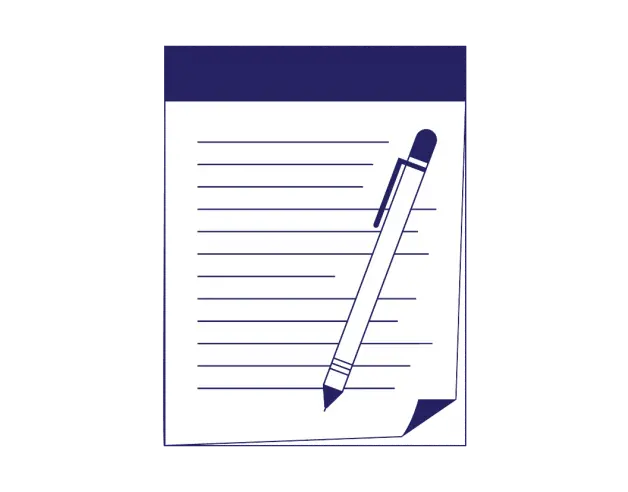
- 2-minute read
- 7th April 2023
A Complete List of 100 Common Adverbs
Adverbs are words that modify verbs, adjectives, and other adverbs. You might be surprised at just how many words are actually adverbs. This is because there are several types of adverbs. Today, we’ve compiled a list of 100 adverbs (with examples) that you probably use all the time.
100 Adverbs By Type
Adverbs of Manner
These words describe the manner in which actions are performed:
Here are some examples of adverbs of manner:
Loudly
Quickly
Nicely
Painstakingly
Well
Fast
Slow
Happily
Carefully
Boldly
Accidentally
Clearly
Exactly
Honestly
Poorly
Unexpectedly
Successfully
Adverbs of Time or Frequency
Adverbs can be used to describe when or how often things happen. This can be specific or general:
Here are some examples of adverbs of time or frequency:
Always
Usually
Often
Sometimes
Never
Rarely
Ever
Occasionally
Generally
Normally
Once
Twice
Yearly
Weekly
Daily
Late
First
Tomorrow
Tonight
Yesterday
Today
Already
Last
Next
After
Early
Later
Since
Eventually
Now
Before
Yet
Recently
Previously
Finally
Conjunctive Adverbs
These words are adverbs that connect independent clauses. Usually, one clause provides more information about or impacts the meaning of the other:
Here are some examples of conjunctive adverbs:
Also
Anyway
Besides
Certainly
Finally
Therefore
However
Instead
Lately
Likewise
However
Indeed
Adverbs of Degree
These adverbs describe the extent or amount of something:
Find this useful?
Subscribe to our newsletter and get writing tips from our editors straight to your inbox.
Here are some examples of adverbs of degree:
Barely
Much
Most
Too
Nearly
Extremely
Slightly
Almost
Exceptionally
Enough
Utterly
Practically
Adverbs of Place
These words indicate where things are physically, often in relation to something else:
Here are some examples of adverbs of place:
Behind
Above
Nearby
Backward
Outside
Around
Over
Away
Close
Here
There
On
In
Up
Down
Everywhere
North
South
Interrogative and Relative Adverbs
These words can be considered interrogative adverbs when used at the start of a sentence to ask a question, and they become relative adverbs when used to link nouns or pronouns with relative clauses:
Here are some examples of interrogative and relative adverbs:
When
Where
Why
How
What
Conclusion
This list has barely scratched the surface of the thousands of adverbs you use all the time. Hopefully, though, you now have a better idea of what adverbs are and how versatile they can be in the English language.
If you’d like help with your adverbs or any other issues with grammar, spelling, word choice, etc., we’re at your service! Submit your work to any of our expert editors today. You can even try it for free.